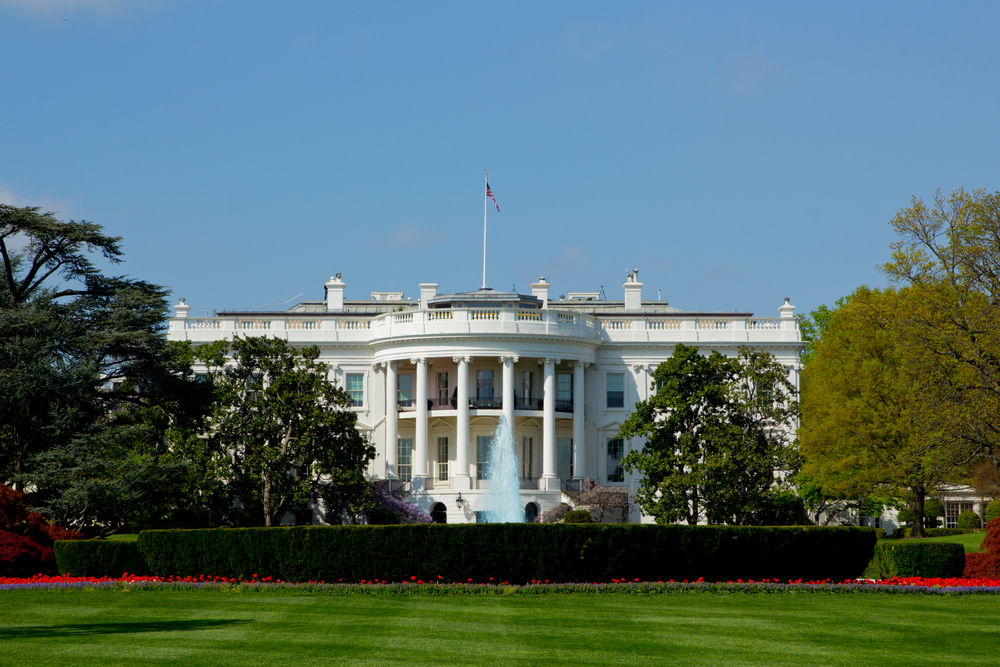

The promise by Facebook CEO Mark Zuckerberg to turn over about 3,000 ads placed by Russian interests during the 2016 Presidential campaign to Congress and Special Counsel Robert Mueller is only the beginning of a new effort to get a handle on online political advertising.
Zuckerberg has now also promised that Facebook will develop new methods of spotting political advertising and hire 250 employees to manage the process.
But Facebook is only one medium for political advertising and the fake news that frequently accompanies it.
So far, there have been no assurances of such support from others, including Google. Soon, however, they may not have much choice. The Federal Election Commission has voted to reopen an assessment to update the FEC’s online disclosure rules in a rare unanimous vote.
The Commission plans to hold hearings on proposed rulemaking to update its internet advertising rules that were put in place in 2006. Commissioners have said that they plan to invite representatives from Facebook, Twitter, Google and other large services to attend public hearings on new regulations.
The online services have opposed such restrictions in the past mainly because they were inconvenient.
According to The Washington Post, Senators Mark Warner (D-Va) and Amy Klobuchar (D-Minn) have sent a letter to their colleagues in the U.S. Senate asking for support for a bill that would place disclosure requirements on online platforms similar to the ones for television. In the letter, the Senators say that the FEC has failed to address online political advertising adequately and that current laws don’t address them either.
The letter suggested that while the Senators were pleased with Facebook’s stated plans so far, the proposed legislation would formalize the process and apply it to online services in general. As currently planned, the bill would require platforms with a million or more users to create a public database of all “electioneering communications” purchased by any person or group who spends more than $10,000 on online political ads.
The FEC already has disclosure rules for online advertising that apply to political committees and groups, such as Political Actions Committees and to individuals. But those rules only require reporting by the groups covered by the FEC.
The laws don’t specifically apply to ads and similar material purchased by other interests, including Russian intelligence groups. The goal of the proposed legislation is to require disclosure of political ads from those sources as well by making the ad sellers responsible for disclosures as well.
It’s important to remember that much of the political advertising that appears online isn’t the same thing you see on television with a 30-second promise of some sort or a 60-second attack ad by some PAC.
Originally published on eWeek
Page: 1 2
Apple fined 150m euros over App Tracking Transparency feature that it says abuses Apple's market…
OpenAI to release customisable open-weight model in coming months as it faces pressure from open-source…
Samsung's Bespoke AI-powered fridge monitors food to create shopping lists, displays TikTok videos, locates misplaced…
Huawei sees 38 percent jump in consumer revenues as its smartphone comeback continues to gather…
In world-first, China approves commercial flights for EHang autonomous passenger drone, paving way for imminent…
Microsoft closes down IoT and AI lab it operated in Shanghai tech district in latest…